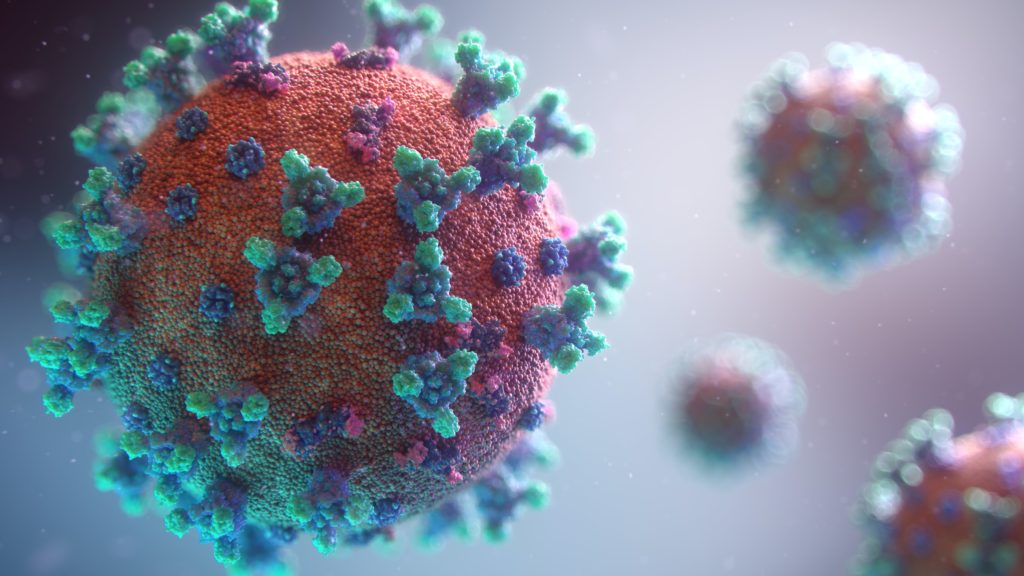
Ever wonder how Artificial Intelligence can help in the race to develop COVID-19 drugs? An interdisciplinary research team led by Dr. Art Cherkasov, Professor, UBC Department of Urologic Sciences, and Senior Scientist at the Vancouver Prostate Centre, give us an answer. The team used a machine learning drug discovery platform to screen a library of 40 billion compounds in search of potential inhibitors of SARS-CoV-2, Mpro. Mpro is a key coronavirus enzyme that has an important role in helping the virus survive and reproduce. This makes Mpro an attractive drug target for SARS-CoV-2.
For nearly three decades, scientists have computationally screened libraries of purchasable molecules to find drug candidates, a process called virtual screening. While the exploration of emerging ultra-large libraries (consisting of billions of compounds) is rapidly becoming a central topic in drug discovery, the computational cost and time are prohibitive for most researchers. The Deep Docking method developed in the Cherkasov Lab uses machine learning to overcome limitations of traditional computational drug discovery by accelerating virtual screening hundreds of folds. The method has already been used successfully to identify Mpro inhibitors from a library of one billion compounds, one of the earliest COVID-19 studies that has raised significant interest worldwide since its publication.
Recently, the team has partnered with Nvidia, Dell and UBC Advanced Research Computing (ARC) to identify potential COVID-19 therapeutics from large libraries. By using Deep Docking in combination with high-performance computing resources, the researchers screened for the first time 40 billion compounds of the REAL Space library from Enamine against the active site of Mpro. “The ultimate goal of Deep Docking is to accelerate the exploration of the growing chemical space for new therapeutics” says Dr. Cherkasov. “Even with a supercomputer, it would take years to screen 40 billion compounds with traditional methods; with Deep Docking we did it in 20 days. It is a paradigm shift.” A series of novel Mpro inhibitors has been already confirmed from this extraordinary large campaign, and the most promising compounds are being evaluated for their inhibition potential in live virus at UBC FINDER.

Deep Docking has Applications beyond COVID-19
This study is the first-of-its-kind globally, and it is aiming not only to identify much needed scaffolds to develop effective COVID-19 drugs, but also paving the path for the future of drug discovery in the era of ultra-large libraries. “Right now, we are already applying Deep Docking in combination with our established drug discovery pipeline for other COVID-19 and cancer targets. Our next step is to make the program completely automated and accessible to everyone, to truly democratize drug discovery around the world,” says Dr. Cherkasov.
Through Strategy 7: Research Support, UBC is enhancing digital research infrastructure in many areas of scholarship, through Advanced Research Computing (ARC) resources, technical and scientific support for research data management, data science, and local capacity for health researchers to address data access challenges.